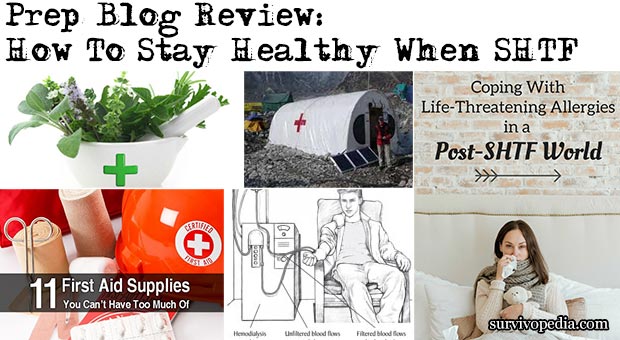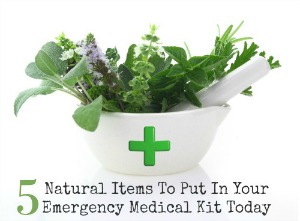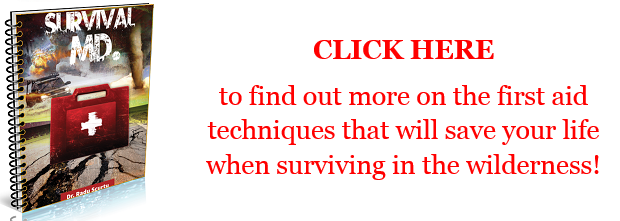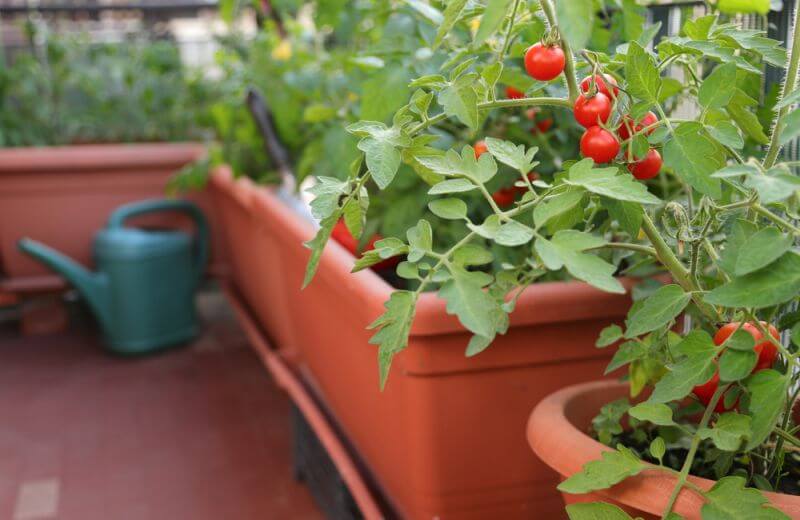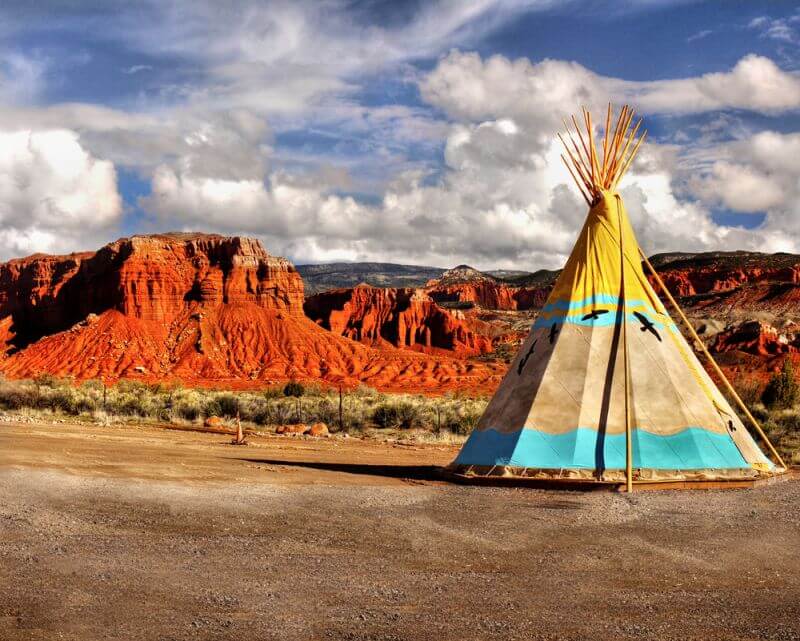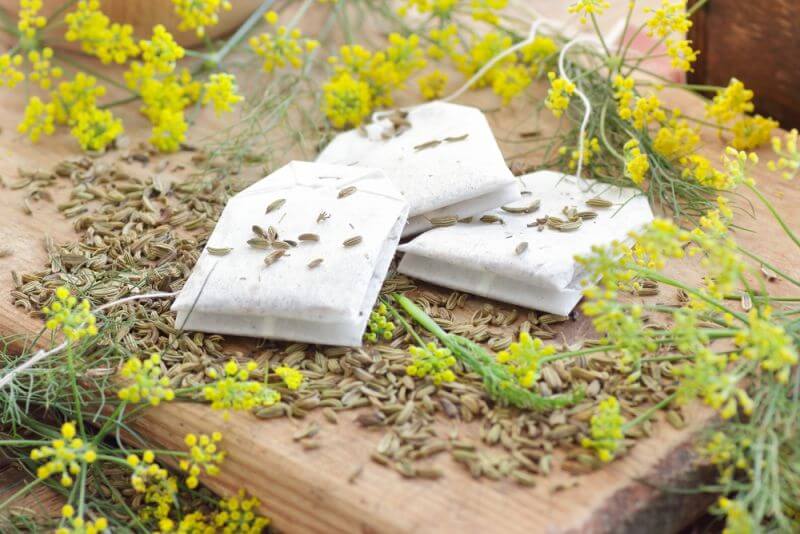No one knows what the future is going to throw at us, but one thing is for sure: we need to stay prepared. Next to shelter, water, food and hygiene, medical supplies are the most important in a survival situation, when we lose all the luxuries of modern medical facilities. Without the proper medical supplies, wounds and diseases that are normally not considered life threatening, can become the real threat.
I’ve gathered five articles on this topic for this week’s Prep Blog Review. If you have any questions or tips, address them in the comment section below.
1. 11 First Aid Supplies You Can’t Have Too Much Of
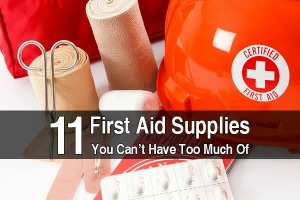
Without the right supplies, diseases and injuries that would normally be completely treatable could be a death sentence.
Unfortunately, many first aid supplies such as medication and bandages are not reusable, meaning you will want to have ample stocks of these crucial items.
In preparing for the worst, here are the top 11 first aid supplies you should have in abundance.”
Read more on Urban Survival Site.
2. 5 Natural Items to Put in Your Emergency Kit Today
“When the SHTF and a medical situation does occur simultaneously, things can go to absolute turmoil very quickly.
Most medical situations that will arise during this time may not be considered life threatening, but can quickly become one if not appropriately treated.
For instance, a simple cut that makes contact with tainted water (a very typical scenario following floods and hurricanes) can quickly become infected.
That said, as preppers we need to prepare for medical emergencies and not only learn basic first aid, but also know how to use natural alternatives to care for the wounds themselves.”
Read more on Ready Nutrition.
3. Coping with Life-Threatening Allergies in a Post-SHTF World

Care to guess where I live? Yes, in the middle of 150 acres of forest.
I had no idea that this could be a life-ending allergy for me. Huge portions of this country have primarily hickory and oak forests. I would need to drive at least twelve hours to be somewhere that doesn’t have oak trees.
If you or someone in your family struggles with seasonal allergies, first, go to an allergist to find out what they are.
In a truly catastrophic event, it is critical that you know the type of environment you can live in.”
Read more on The Survival Mom.
4. How to Prepare Dialysis Patients for Emergencies: Five Easy Steps
“If you are on dialysis, emergency situations are especially worrisome.
Perhaps even life threatening.
Although dialysis technology has progressed dramatically from when my grandfather was on it and afraid to lose his spot, we are still not at that point where portable/travel dialysis units are common. That time is coming but it is not quite here yet.
Therefore it is critical for those on dialysis and their families to develop an emergency plan to ensure proper medical treatment of the condition.
This five step guide will give you the information you need to create a robust plan for your family.”
Read more on The Weekend Prepper.
5. Setting Up A Survival Sick Room
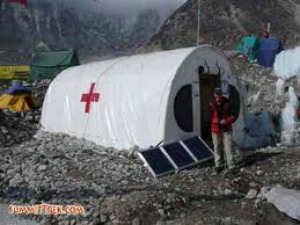
Although we may be thrown back to the 19th century medically by a disaster, we have the benefit of knowing about infections and hygiene.
The knowledge of how contagious diseases are spread and how to sterilize supplies give us a major advantage over medical personnel of bygone eras.”
Read more on Doom and Bloom.
This article has been written by Drew Stratton for Survivopedia.


